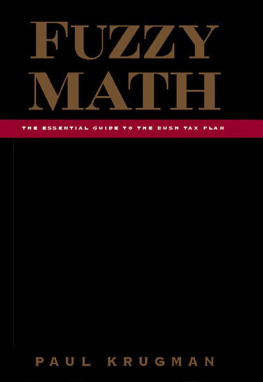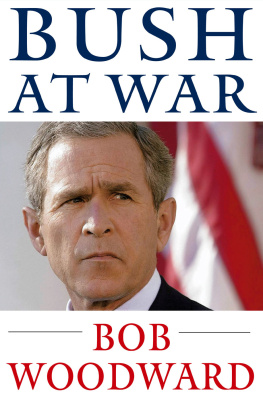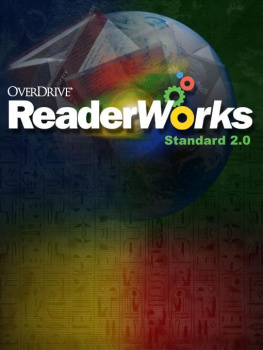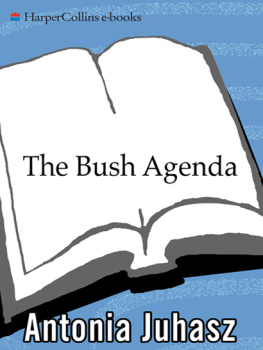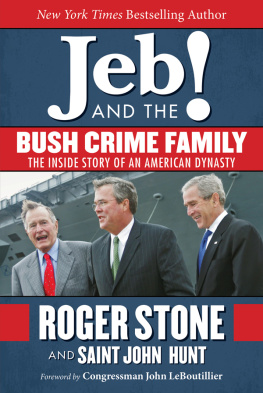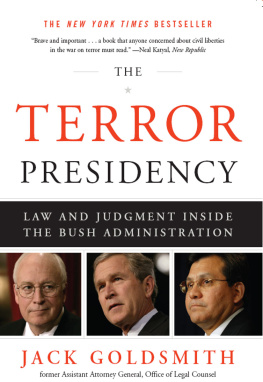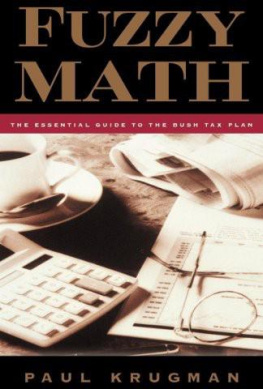For information about permission to reproduce selections from this book, write to Permissions, W. W. Norton & Company, Inc., 500 Fifth Avenue, New York, NY 10110
W. W. Norton & Company, Inc., 500 Fifth Avenue, New York, N.Y. 10110
www.wwnorton.com
W. W. Norton & Company Ltd., Castle House, 75/76 Wells Street, London W1T 3QT
INTRODUCTION
T HIS BOOK IS NOT a mystery novel, so let me start by giving away the ending. Is the tax cut being proposed by George W. Bush a good idea? No. It is much too large, even given optimistic forecasts of future surpluses. And it is all the more irresponsible given the high probability that those forecasts, like all long-run budget forecasts in the past, will turn out to be wrong.
Will the tax cut destroy Americas prosperity? Probably not. As Adam Smith observed, theres a deal of ruin in a nation. We have a huge, resilient economy that can survive and recover from even quite bad government policies.
Yet while the tax cut may not be a matter of economic life or death, it is a very serious issue. For one thing, like it or not, the tax cut has become the central political issue in the United States right now. Conservatives who want to reshape America view passage of a large tax cut as a first step toward realizing their vision. For that reason, those who do not share this vision feel, rightly, that they must oppose the plan.
The drive for tax cuts also has a dire influence on the rest of policymaking, distorting the debate on many other subjects. How should we respond to the current economic slowdown? We cant discuss that rationally, because the administration insists that the slowdown this year justifies a huge tax cut over the next ten years, and it wont allow proposals for a temporary tax cut to boost the economy to be considered separately from its long-run proposals. How should we deal with the need to extend Medicare to include prescription drugs? The administration cannot present a realistic plan, because that would too obviously cut into the large surplus it claims is available for tax cuts. How should we plan our defense policy? The administration cannot discuss this objectively, because the numbers that would emerge would cast doubt on the affordability of the tax cut... well, you get the point.
And its not just a matter of concrete proposals. Theres something about the tax cut crusade that gives the crusaders a disdain for petty concerns, like telling the truth about their own proposals. Maybe they feel that the end justifies the means, or maybe they feel that white lies dont matter in the service of a higher truth. Whatever the reason, the arguments made for tax cuts have been startling in their intellectual dishonesty. One might dismiss the untrue things Bush said during the campaign as par for the political coursethough I dont know of any campaign in modern times that has been quite so cynical in its misrepresentations. But what has happened since Bush moved to Washingtonthe deliberate misstatements and suppression of the factsis, as far as I know, unprecedented in the history of American economic policy. It would be a shame if this style of governing succeeds, because it will set a precedent for future administrations.
The debate over tax cuts also provides an opportunity for a kind of civics lesson, one that is badly needed. It has become clear that even people who should know betterfor example, reporters and television commentatorsdont understand the basics about the federal government: where the money comes from, where it goes, how Social Security works. And if the voters are also confused, one can hardly blame them: most people are focused not on politics but on their daily lives, our politicians have done their best to confuse us, and our press has done nothing to keep the politicians honest. But perhaps the tax cut debate offers an opportunity to get beyond catchphrases like big government and protecting Social Security and to have a genuine debate about what we want and what we dont want the government to do, and how society should pay for the things we want. On a more personal note, this book offers me an opportunity for a longer form of discussion that cant be squeezed into 735-word columns in the New York Times.
Since this book is in part a civics lesson, it begins with the deep background: the political logic that has made tax cuts such an imperative for conservatives even though they are not a popular cause, and the economic impactreal and imaginedof tax cuts in general. It then moves on to shallower background: the realities of the U.S. budget as it is, the origins and plausibility (or lack thereof) of those huge surplus forecasts for the next decade, and the long-run perspective. Only then do I move on to the tax cut proposals on the table: the Bush plan and the alternatives.
Obviously this book has a point of view. But it is not a diatribe: it is intended to be a citizens guide. As we will see, there is a case for tax cuts; there is even a case for the Bush tax cut, though it is not the case the administration is making. The main purpose of this book is to inform; what you do with that information is up to you.
1
THE POLITICS OF TAX CUTS
T HE E NGLISH-SPEAKING world has a long tradition of tax revolt. From Wat Tylers rebellion against Richard IIs poll tax in the fourteenth century to the truckers protest against high gasoline taxes that paralyzed Britain for several days last year, there have been many occasions on which ordinary people have risen up against what they see as excessive taxation.
This is not one of those occasions.
The politics of todays tax cut debate in the United States are peculiar. The people arent much interested in the subject. Those who are interested in the subject often have views that are contrary to their personal financial interests. But in an important sense this is not really a debate about money. It is rather about how history will be written, about whether the son can escape from the shadow of the father, about creating facts today that will determine what kind of society we are a generation from now.
I have no particular expertise in political analysis. But we cant discuss the economics of tax cuts without some sense of the political context; so let me offer a brief, personal overview of how I think about the politics of tax cuts.
An Indifferent Public
Although the tax cut proposal was the centerpiece of George W. Bushs campaign, and passing that tax cut intact has become Bushs main priority since taking power, polls have consistently suggested that voters at large have never been very interested in receiving that tax cut. Other issues, notably protecting Social Security, have a much firmer grip on the publics attention. It is true that recently, with full use of the bully pulpit, Bush has managed to get a poll or two suggesting that people think that a tax cut is important, but this reflects less peoples desire for a personal tax cut than his success in convincing some of them that a tax cut would promote economic recovery. And a large majority still think that his tax cut proposal is too big, and too tilted toward the rich.

